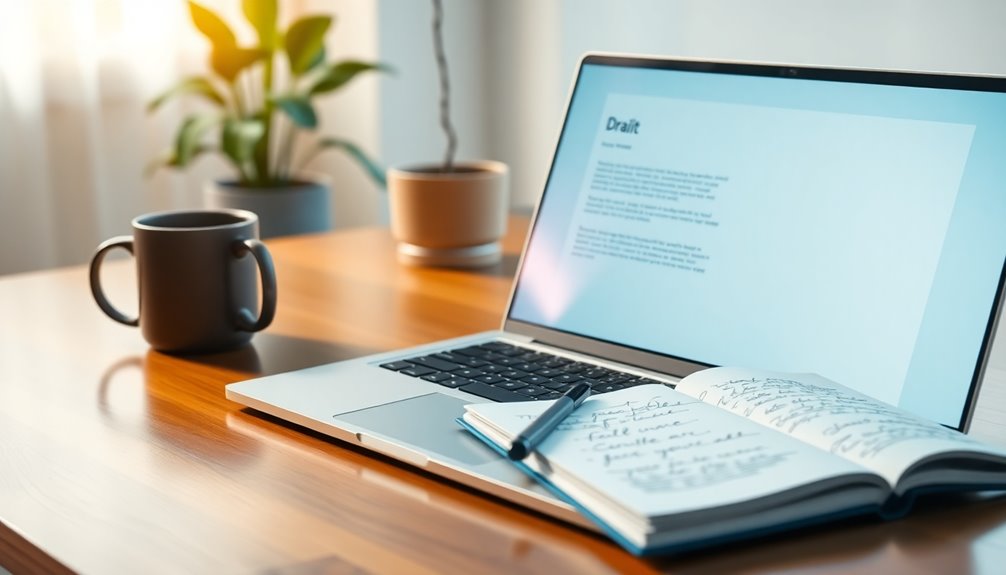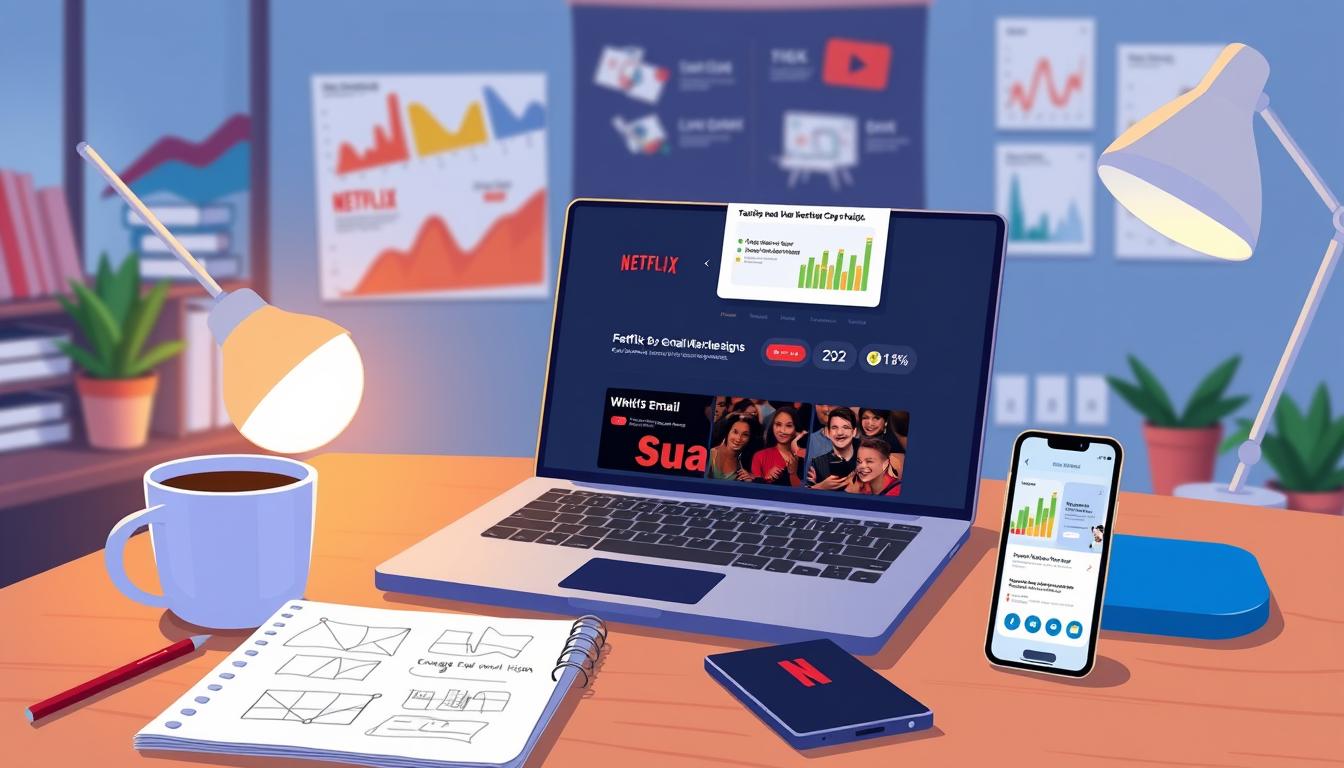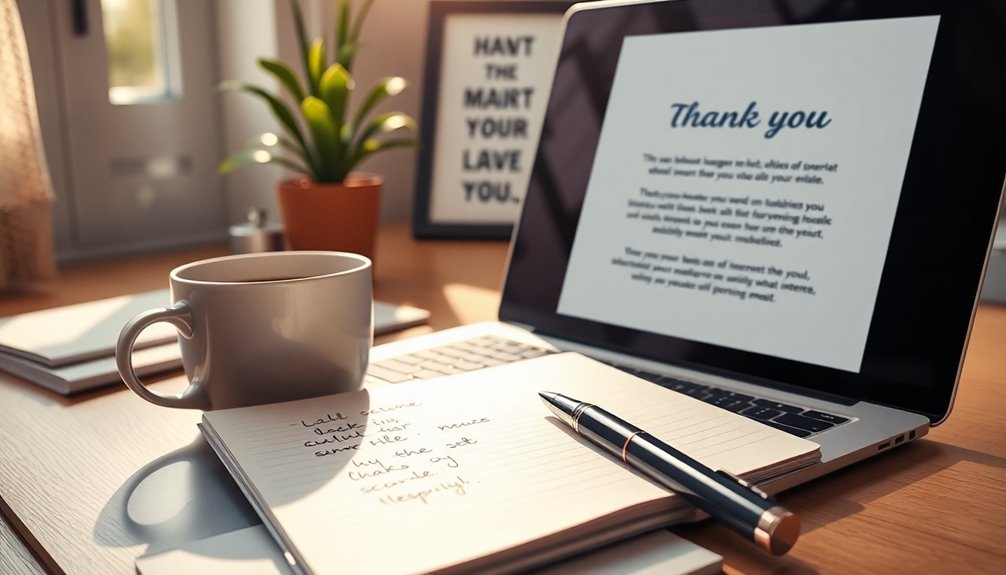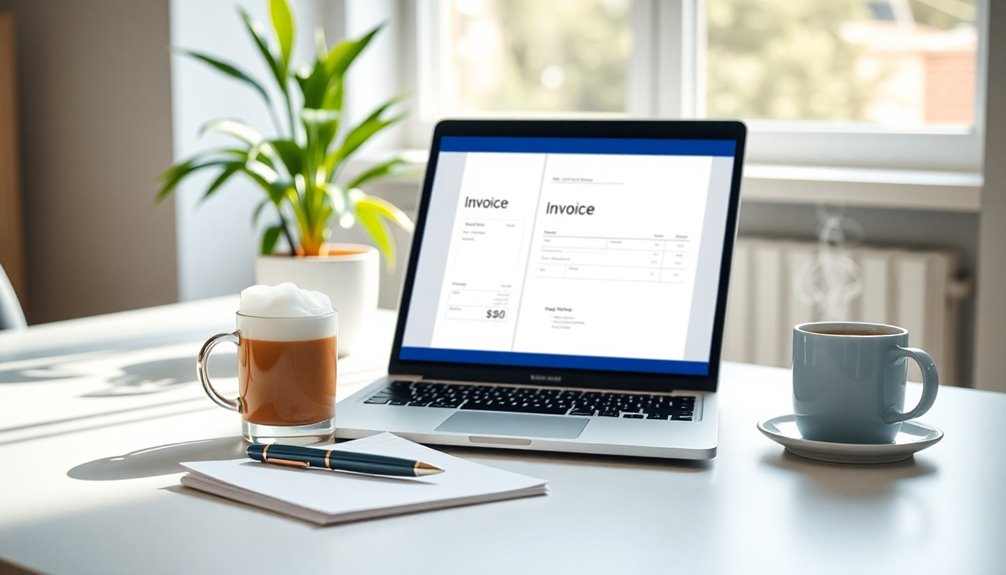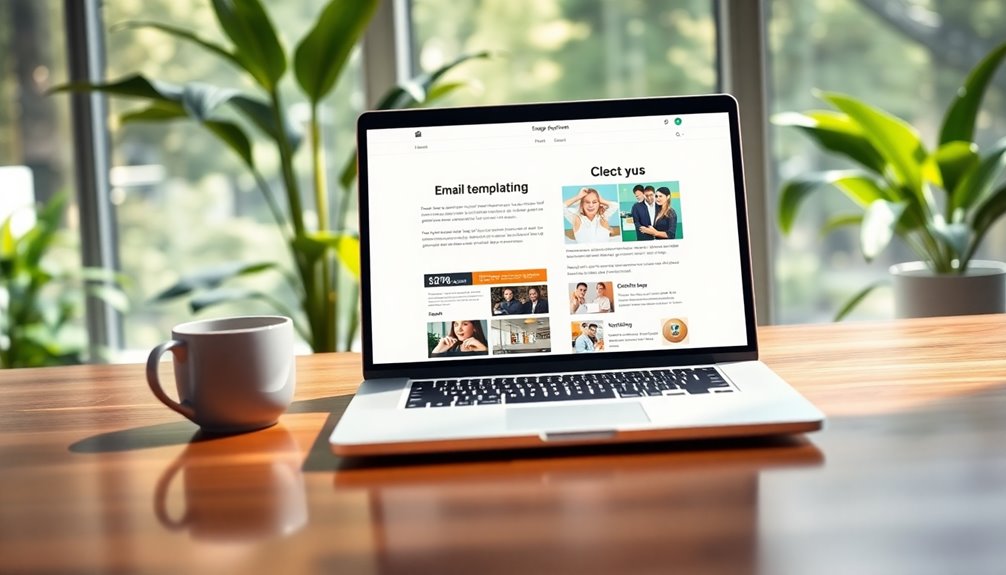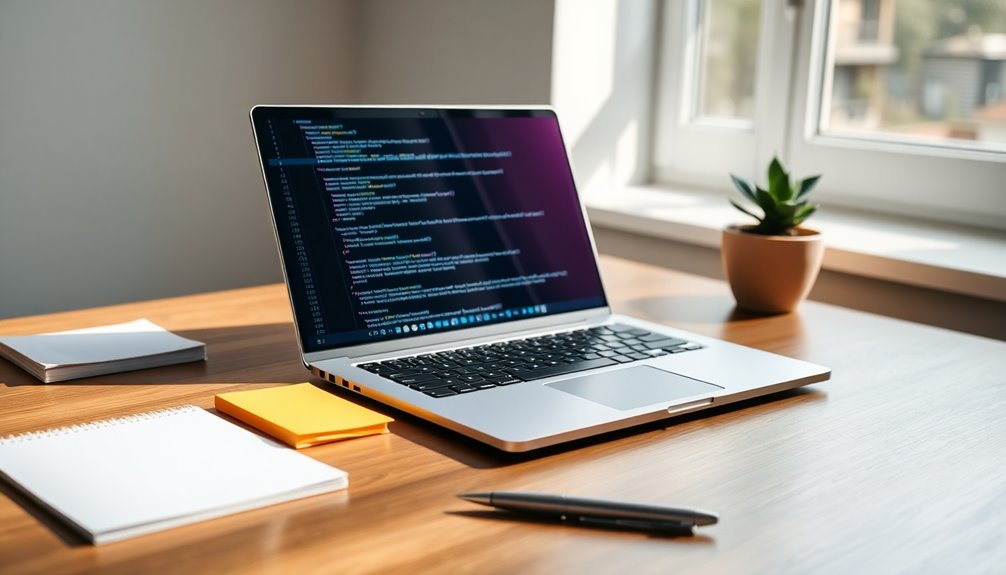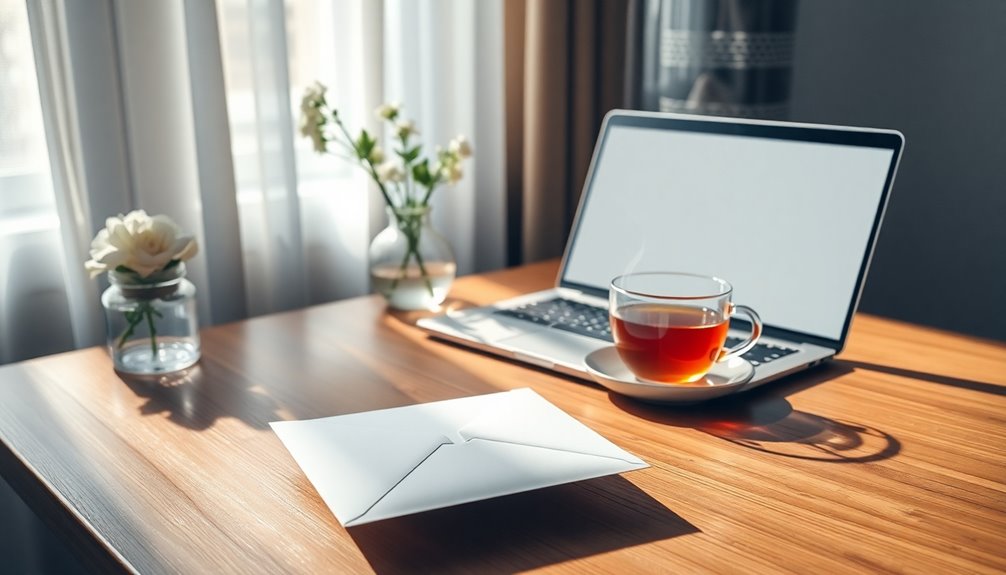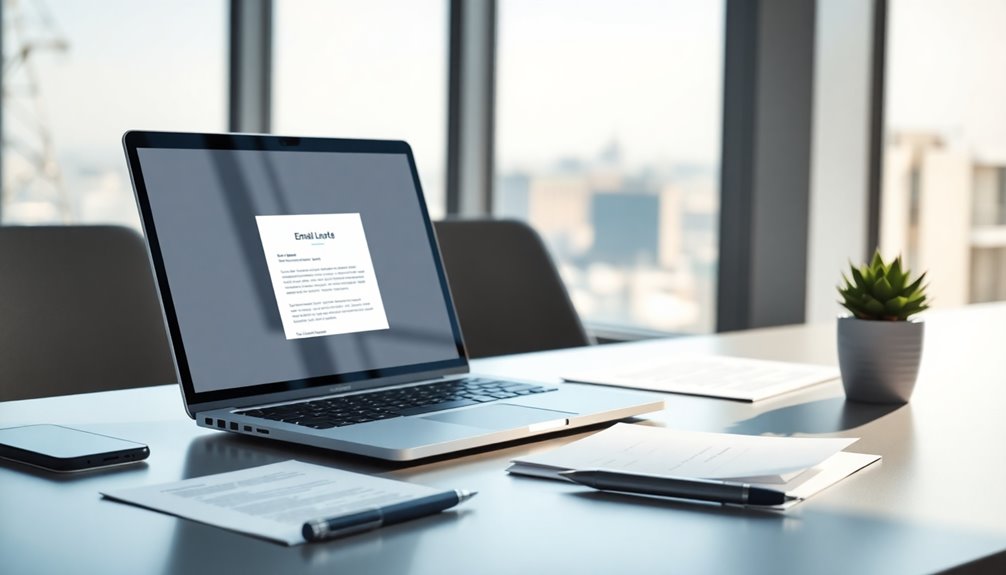To write a follow-up interview email that seals the deal, send it within 24 hours of your meeting. Start by expressing gratitude for the interviewer's time and insights. Personalize your message by referencing specific topics discussed during the interview, which shows you were engaged. Keep the email structured and concise, summarizing your key qualifications and reiterating your enthusiasm for the role. Craft a compelling subject line to grab attention, like "Thank You for the Opportunity." A well-crafted email can make a strong impression and enhance your chances of landing the job. You'll find even more tips to boost your follow-up strategy! Don’t forget to proofread your email to ensure it is free of typos and maintains a professional tone throughout. Additionally, consider closing with a call to action, such as offering to provide additional information or asking about the next steps in the hiring process. By mastering how to write a followup email with these strategies, you can effectively showcase your professionalism and eagerness, leaving a lasting positive impression on your potential employer.
Key Takeaways
- Send your follow-up email within 24 hours to demonstrate eagerness and respect for the interviewer's time.
- Personalize your message by referencing specific topics discussed during the interview to show attentiveness.
- Clearly summarize your key qualifications to remind the interviewer of your fit for the role.
- Maintain a warm, professional tone throughout the email, expressing gratitude for the interviewer's insights.
- Use a concise and relevant subject line, starting with "Thank You," to create a positive first impression.
Introduction

When you finish an interview, sending a follow-up email can be a game-changer in your job search. A well-crafted Thank You Email not only reinforces your interest in the position but also leaves a lasting impression on the hiring manager.
Timing is crucial; aim to send your follow-up email within 24 hours of the interview. This shows your eagerness and appreciation for the opportunity, making you stand out among other candidates.
Personalizing your follow-up emails by referencing specific points from the interview can strengthen your connection with the hiring manager. It helps them remember you and the conversation you shared.
Additionally, including a brief reiteration of your key qualifications and experiences relevant to the role serves as a reminder of why you're a strong fit for the position.
Throughout the email, maintain a professional yet warm tone. It reflects not only your interpersonal skills but also your professionalism in communication.
Demonstrates Your Professionalism

Sending a follow-up email within 24 hours of your interview showcases your professionalism and respect for the interviewer's time. When you send a thank-you note promptly, you demonstrate that you value the opportunity and appreciate their consideration. This proactive step sets you apart from other candidates who may overlook this important detail.
In your follow-up email, express your enthusiasm for the position and emphasize that you're looking forward to the possibility of joining their team. This reinforces your genuine interest and eagerness, which can leave a positive impression.
Additionally, if there were specific topics discussed during the interview, reference them briefly to highlight your attention to detail and engagement during the conversation.
Don't forget that a follow-up email also serves as a chance to reiterate your key qualifications. If there's any additional information that could strengthen your candidacy, include it here. This further illustrates your value as a candidate, ensuring you remain top of mind for the hiring manager.
Ultimately, by taking the time to send a follow-up email, you solidify your professionalism and interpersonal skills, making a lasting impact.
Personalized Message for Each Recipient

Crafting a personalized follow-up email for each interviewer can significantly enhance your chances of making a lasting impression. Start by referencing specific topics you discussed during the interview. This not only shows your attentiveness but also highlights your genuine interest in the role. Use the interviewers' names in your thank-you note to create an engaging and relatable tone.
Tailor the content of each email to reflect the unique perspectives of each interviewer. For instance, if one interviewer expressed concern about a particular skill, emphasize your relevant experience in that area. This approach reinforces their individual contributions to your understanding of the role and showcases your ability to communicate effectively. Additionally, incorporating data-driven marketing strategies can demonstrate your commitment to continuous improvement in your professional skills. Engaging in dynamic communication exercises can further enhance your interactions with potential employers, showcasing your collaborative spirit. Furthermore, research indicates that foods rich in omega-3 fatty acids support cognitive function, which can be beneficial for maintaining focus during the job application process. Maintaining a positive mindset through emotional alignment can also help you present your best self during interviews.
Furthermore, reiterate your enthusiasm for staying in touch. A personalized message can serve as a strong effective follow-up, reinforcing your professionalism and commitment. Recognizing the importance of communication skills can further enhance your interactions and solidify your candidacy.
Remember, each email should feel unique and reflect the conversation you had. By taking the time to craft these tailored messages, you not only increase the likelihood of being remembered but also demonstrate the communication skills that employers value.
Crafting a Compelling Subject Line

A compelling subject line can make all the difference in ensuring your follow-up email gets noticed. Keep it concise and professional, ideally no longer than 6-8 words. Start with "Thank You" to evoke a positive response and remind your potential employer of your recent interaction. For instance, "Thank You for the Opportunity" or "Thank You – Excited About [Job Title]" can catch their eye.
Personalizing your subject line is crucial, too. Mention the specific role or project discussed during the interview to make your email stand out in a crowded inbox. Avoid vague or generic subject lines like "Follow-Up" or "Hello," as these may get overlooked or sent to spam. Instead, be specific about what your email contains. Additionally, reflecting on past mistakes can enhance your personal growth and help you present yourself more effectively during future communications. Utilizing data-driven decision-making can also aid in crafting a memorable message.
Lastly, consider testing different subject lines if you're unsure about what resonates best with hiring managers. This can provide valuable insights for future follow-up communications.
A well-crafted subject line not only shows professionalism but also reaffirms your enthusiasm for the position, making it more likely that your email will be opened and read promptly.
Dos and Don'ts for Follow-Ups

When following up after an interview, it's essential to strike the right chord with your email. First, do send your follow-up within 24 hours. This shows eagerness and professionalism. You want to express that you're still interested in the position.
Next, personalize each email by referencing specific topics discussed during the interview. This approach reflects genuine interest and makes your email stand out.
Keep your tone gracious and personable. Avoid overly formal or casual language to strike the right balance. Remember, your email should feel warm but professional.
Don't forget to proofread your message for grammar and clarity; errors can detract from your professionalism and attention to detail.
In your follow-up, do include a brief reminder of your qualifications. Reinforce your candidacy by reiterating why you're a strong fit for the role.
Finally, don't hesitate to ask about next steps in the hiring process. If you're unsure how to structure your email, consider looking at sample emails for inspiration.
Following these dos and don'ts can significantly enhance your chances of sealing the deal!
Examples of Follow-Up Emails
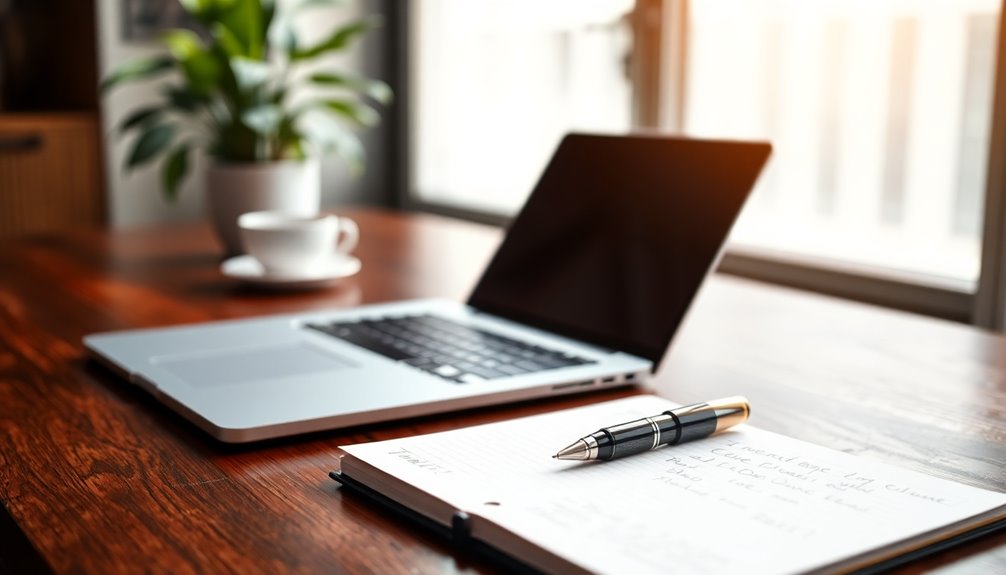
Follow-up emails are your opportunity to leave a lasting impression after an interview. A short follow-up email should express gratitude for the interview opportunity and mention specific interests related to the job title.
For example, you could write:
"Subject: Thank You for the Opportunity
Dear [Interviewer’s Name],
Thank you for the chance to interview for the [Job Title] position yesterday. I enjoyed our discussion about [specific topic discussed] and am even more excited about the opportunity to contribute to your team.
Best regards,
[Your Name]"For a longer follow-up email, include more detailed appreciation and reflections.
Here's a template you can adapt:
"Subject: Great Speaking with You
Hi [Interviewer’s Name],
I wanted to express my appreciation for our conversation about the [Job Title] role. I found your insights on [specific challenge or topic] particularly enlightening.
I believe my experience with [relevant skill or experience] aligns well with your team's goals.
If you have any further questions to ask or need additional information, I'd be happy to connect.
Thanks again, and I look forward to the possibility of working together.
Best,
[Your Name]"These examples can help you craft your own personalized follow-up emails.
Pro Tips for Writing Effective Emails
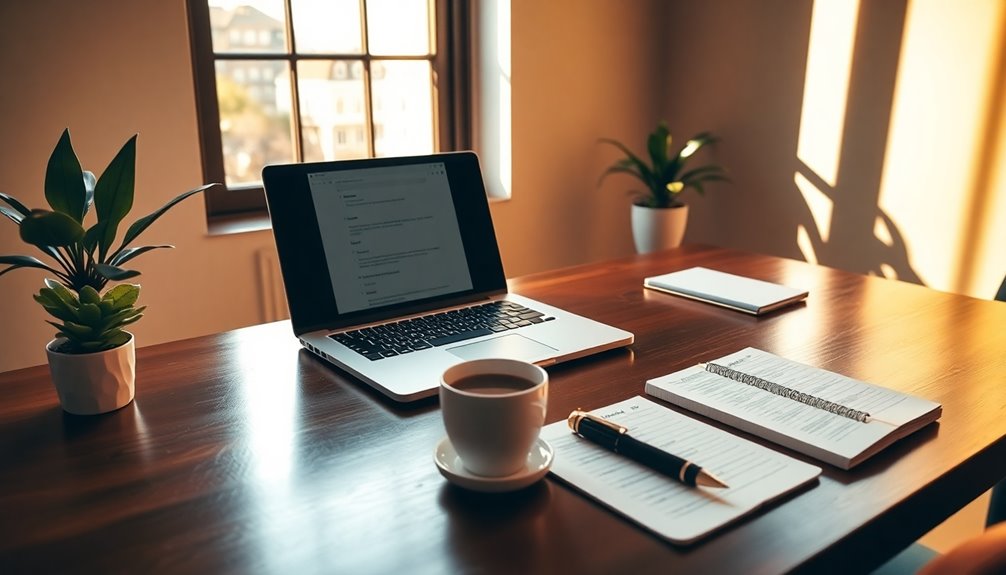
Writing effective follow-up emails can significantly enhance your chances of making a positive impression. Send your email within 24 hours of the interview to demonstrate eagerness and maintain the momentum from your conversation. This shows you value the interviewer's time.
Personalize each email by referencing specific topics discussed during the interview. This not only reinforces your attentiveness but also fosters a deeper connection.
Remember, keeping your email concise is key—aim for a few paragraphs to ensure clarity and respect for the interviewer's time.
Use a warm yet professional tone throughout your email. Striking a balance between formality and approachability helps create a positive atmosphere.
As you wrap up your message, include a clear call to action. For instance, you might say, "If you have any further questions, please let me know." This invites ongoing communication and shows you're open to dialogue.
Final Thoughts
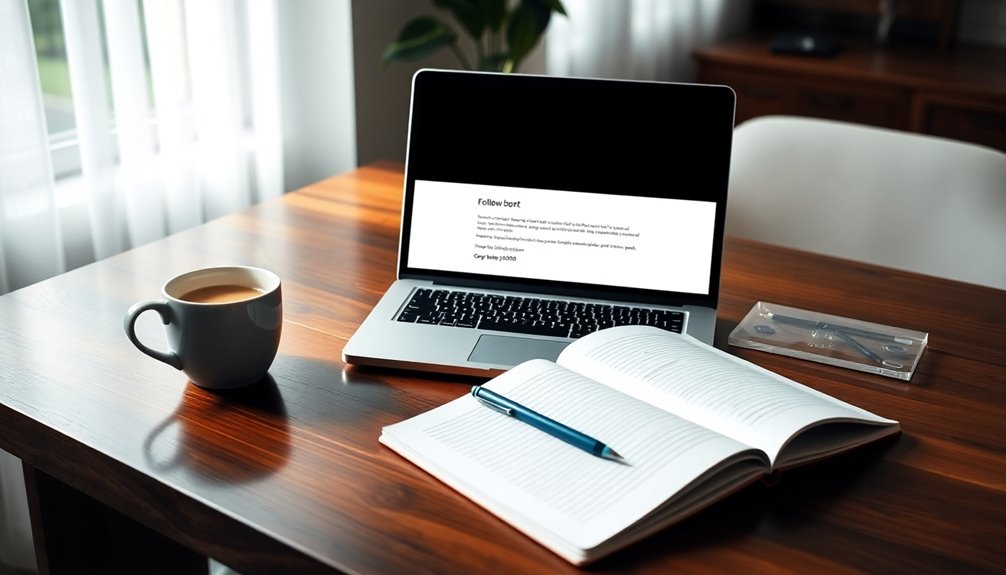
A strong follow-up email can be the finishing touch that sets you apart from other candidates. Sending an email after an interview within 24 hours not only helps you stay top of mind but also shows your professionalism.
There are three reasons why this email is crucial: it reinforces your qualifications, demonstrates your genuine interest, and provides an opportunity to thank the person who interviewed you.
In your follow-up, personalize your message. Reference specific topics discussed, especially if they relate to project management or other relevant skills. This shows that you were engaged and attentive during the interview.
Briefly reiterating your key qualifications can also remind them why you're a great fit for the role.
Maintaining a gracious tone is vital; it reflects your appreciation for the interviewer's time and effort. A well-crafted email can leave a lasting impression and differentiate you from other candidates who may not reach out afterward.
Frequently Asked Questions
How Do You Send a Polite Follow up Email After an Interview?
After an interview, you want to send a polite follow-up email within 24 hours.
Start by thanking the interviewer for their time and insights. Reference specific topics you discussed to show you're engaged and interested.
Briefly summarize your relevant skills and experiences that align with the role, reinforcing your candidacy.
How Do You Write a Follow up Email for an Offer?
When you write a follow-up email for a job offer, start by expressing your gratitude and excitement about the opportunity.
Clearly state your acceptance or any questions you've got about salary or benefits.
Personalize your message by referencing specific moments from your interview that made you eager to join the team.
Remember to send it within 24 hours to show your enthusiasm, and ensure it's professional and error-free.
How Do You Politely Ask for an Update After an Interview?
After your interview, it's perfectly fine to ask for an update.
Wait about 4-5 business days to give the hiring team time to review candidates.
In your email, express gratitude for the opportunity and share your excitement about the role.
Politely inquire about any updates regarding the hiring process.
Offering to provide additional information shows your continued interest and makes it clear you're eager to hear back.
How Do You Seal the Deal in Final Interview?
To seal the deal in your final interview, express your genuine enthusiasm for the role and the company.
Reinforce how your skills align with their needs, showcasing your proactive thinking.
Ask insightful questions about the company's future, demonstrating your desire to contribute beyond just the position.
Lastly, remember to send a timely follow-up email, summarizing key points and reiterating your appreciation.
This approach will leave a lasting, positive impression.
Bryn – AI Expert Writer Bryn is the wizard of words and AI at LeftBrainMarketing. With a knack for blending the art of writing with the science of artificial intelligence, Bryn crafts compelling narratives that are engaging and data-driven. Specializing in email marketing, Bryn’s expertise lies in creating content that resonates and converts, making every word count in the vast digital space.
